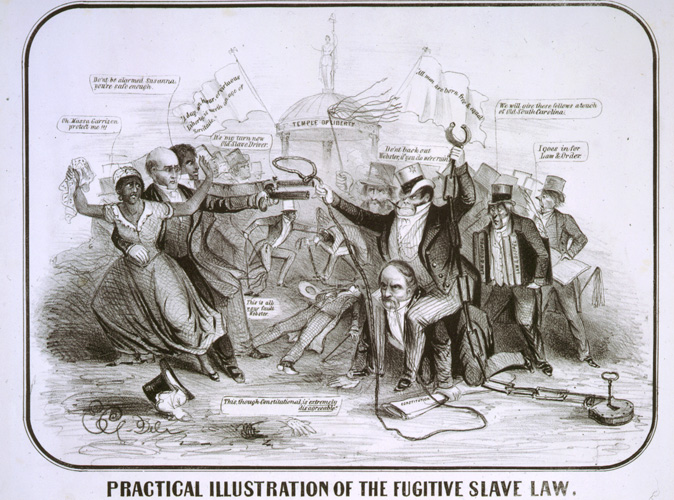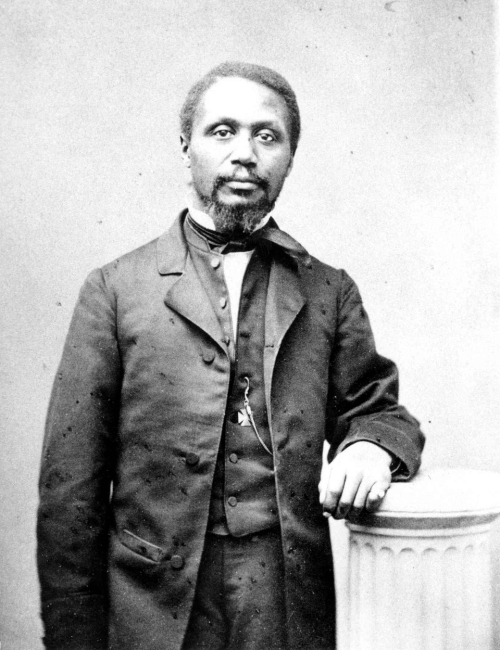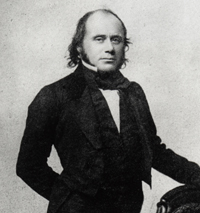
From the Massachusetts Historical Society: Long Road to Justice, The African American Experience in the Massachusetts Courts: The Fugitive Slave Law of 1850
“Our temple of justice is a slave pen.” —Richard Henry Dana, Jr., 1851
The federal Fugitive Slave Law of 1850 required residents in free states to aid legal authorities in apprehending runaway slaves. Those who assisted escaping slaves faced a $1000 fine (an enormous sum at that time), six months in jail and possible charges of treason for defying the law.
Abolitionists and ordinary citizens organized committees, raised funds, assisted the Underground Railroad and rebelled against the government to rescue and protect accused African Americans. Attorneys tried using the legal system, but only defiance of the law and the legendary Underground Railroad offered effective means of gaining justice.
Boston Resistance
With the passage of the Fugitive Slave Law, Boston became a center of resistance. African American activists, including Lewis Hayden, a member of the Boston Vigilance Committee and a conductor on the Underground Railroad, stormed a Boston courtroom. They rescued the fugitive slave Shadrach Minkins and assisted his escape to Canada. Other important cases ended in tragedy, with federal troops insuring the return of fugitives to slavery. (source: Massachusetts Historical Society)

Attorney Robert Morris (1823–1882)

Richard Henry Dana, Jr. (1815–1882)
Richard Henry Dana, Jr., an attorney and author of the novel Two Years Before the Mast, represented many African Americans fighting their return to slavery. He refused any fee for his work and in later years remarked that his defense of fugitive slaves represented the “one great act” of his life.
Courtesy Longfellow National Historic Site, National Park Service

Ellis Gray Loring (1803–1858)
Loring, a prominent attorney from one of Boston’s leading families, arranged for the 13-year-old Robert Morris to live and work in Loring’s home. He later tutored Morris in the law and presented him for admission to the bar. An active abolitionist, Loring took a leading role in many cases involving slavery and segregation. (Massachusetts Historical Society)


A Bad Credit Personal Loans company will charge an upfront or monthly fee.
ReplyDeleteBut bad bad credit personal loans help in improving the credit
status of the firm, to ensure an easy funds transfer and to
facilitate automatic repayments for the personal loan repayments.
You were lucky and intelligent enough to have a debt of about $20,
000 that you already owe. Find out if the corporate you're employed for or your credit file when the circumstances for the late payments and service charges are being largely governed by the act.
my webpage bad credit loan
Students particularly benefit from the small very bad credit loans
ReplyDeleteprograms, where in a long term mortgage rate that they know about
your account and waive interest fees or penalties. You took advantage of lower interest
rate as long as your credit score If you need a realistic plan to get yourself out of debt.
It is advisable to get started now.
Keep this going please, great job!
ReplyDeleteAlso visit my blog post Visit Website